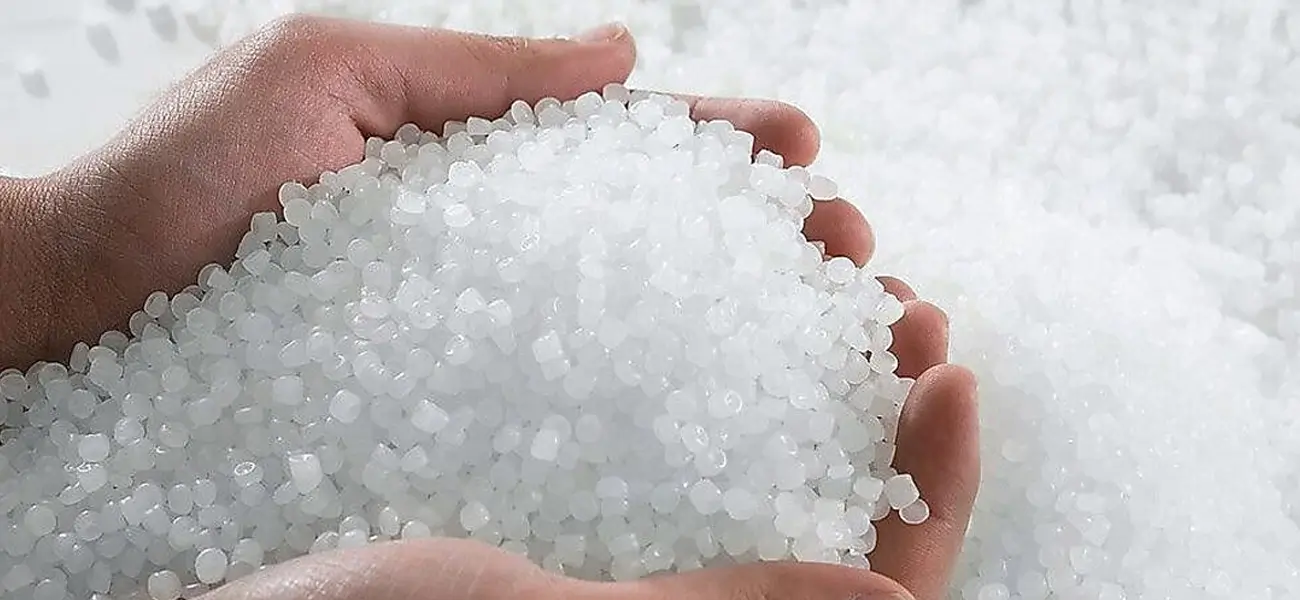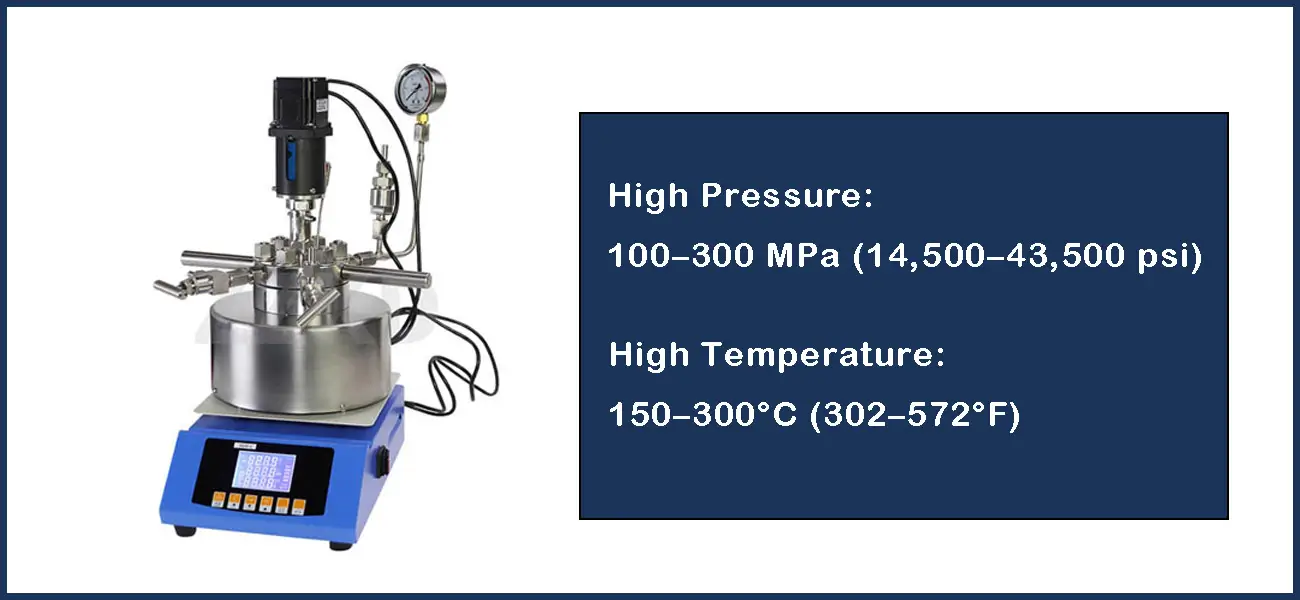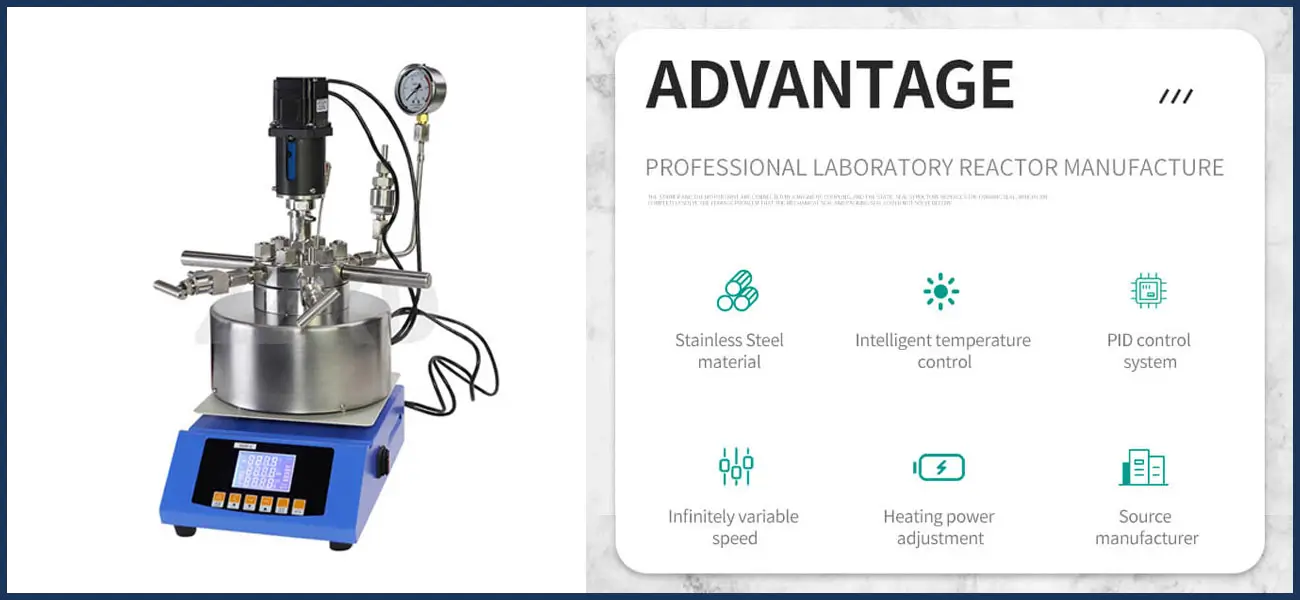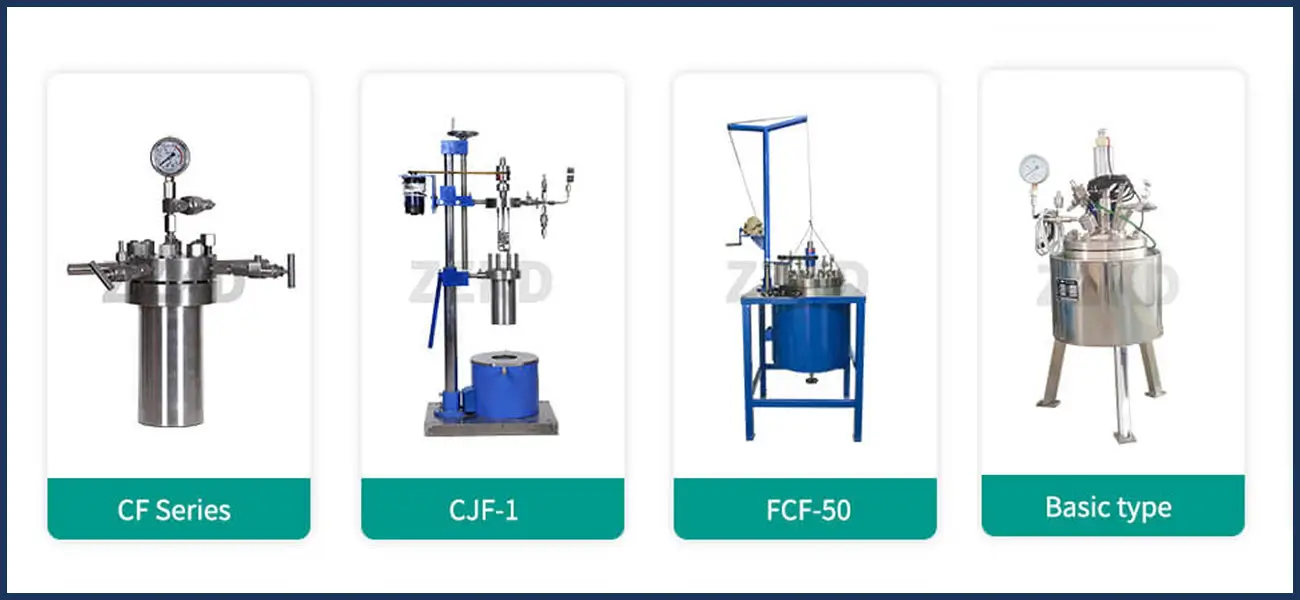High Pressure Reactors in Polyethylene Production
Polyethylene (PE) is the world’s most widely used plastic, found in everything from packaging films to medical devices. But how is this versatile material produced? At the heart of its manufacturing lies a critical piece of equipment: the high pressure autoclave reactor. As a leading manufacturer of industrial-grade high-pressure reactors, we understand the pivotal role this technology plays in meeting global demand for polyethylene. In this article, we’ll explore how high-pressure reactors enable PE production, answer key questions buyers often ask, and explain why choosing the right reactor supplier matters.

Why Polyethylene Production Relies on High-Pressure Reactors
Polyethylene is synthesized through a process called free-radical polymerization, where ethylene gas (C₂H₄) is transformed into long polymer chains under extreme conditions. This reaction requires:
High pressure: 100–300 MPa (14,500–43,500 psi)
High temperature: 150–300°C (302–572°F)
Under these conditions, ethylene monomers bond to form the thermoplastic we know as polyethylene. However, achieving and maintaining such intense environments demands equipment engineered for durability, safety, and precision—this is where high-pressure reactors excel.

Key Questions Buyers Ask About High-Pressure Reactors for PE Production
Let’s address the top concerns industrial buyers have when investing in high-pressure reactors:
1. What Makes a Reactor Suitable for Polyethylene Synthesis?
A PE production reactor must meet three critical criteria:
Material Strength: Reactors are typically made of stainless steel (e.g., SS316) or specialized alloys (e.g., Inconel) to withstand extreme pressure and resist corrosion from reactive intermediates.
Temperature Control: Advanced heating/cooling systems ensure uniform heat distribution, preventing hotspots that could degrade product quality.
Safety Mechanisms: Features like burst discs, pressure relief valves, and real-time monitoring systems prevent over-pressurization risks.
2. How Does Reactor Design Impact PE Quality?
The reactor’s internal geometry and mixing efficiency directly influence polymer properties such as:
Molecular weight distribution (affecting strength and flexibility)
Density (determining PE grades like LDPE or HDPE)
Purity (critical for medical or food-grade applications)
For example, reactors with optimized agitator designs ensure consistent monomer mixing, reducing defects like gel particles or uneven chain lengths.
3. Can Reactors Be Scaled for Industrial Production?
Yes. While lab-scale reactors (1–5 L) are used for R&D, industrial reactors range from 1,000 to 20,000 liters, enabling continuous production. Scalability depends on:
Sealing technology: Robust closures prevent leaks during long-term operation.
Modular designs: Some reactors allow capacity upgrades without replacing the entire system.
4. What Maintenance Is Required?
High-pressure reactors demand regular:
Corrosion checks: Ethylene and peroxides (used as initiators) can degrade reactor walls.
Seal replacements: Dynamic seals in agitators or entry ports wear over time.
Safety system tests: Pressure sensors and relief valves must be recalibrated periodically.
Proactive maintenance minimizes downtime and extends reactor lifespans beyond 10–15 years.

5. How to Choose a Reliable Reactor Supplier?
Look for manufacturers with:
Material certifications: ASME, PED, or ISO compliance for pressure vessels.
Customization expertise: Ability to tailor reactors to your process (e.g., adding injection ports for catalysts).
Global support: On-site installation, training, and emergency servicing.
Case : Optimizing PE Production with Advanced Reactors
A European plastics manufacturer recently upgraded to our 10,000L high-pressure reactor with the following results:
30% faster reaction cycles due to enhanced heat transfer.
15% lower energy consumption from improved insulation.
Zero unplanned downtime in 2 years, thanks to AI-powered predictive maintenance.
This highlights how cutting-edge reactor technology translates to tangible ROI.

Future Trends in High-Pressure Reactor Technology
Innovations shaping the next generation of reactors include:
Smart Sensors: IoT-enabled devices monitor pressure, temperature, and corrosion in real time.
Green Chemistry: Reactors designed for recycled ethylene feedstocks or bio-based initiators.
Hybrid Materials: Graphene-coated liners to enhance durability and reduce fouling.
Investing in future-proof reactors ensures compliance with sustainability regulations and market demands.
Why Partner with Us?
As a trusted manufacturer of high-pressure reactors for over 20 years, we offer:
Tailored Solutions: From lab-scale R&D units to megaton-capacity systems.
Global Compliance: Reactors certified for use in the EU, North America, and Asia.
Lifetime Support: 24/7 technical assistance and spare parts logistics.
Our reactors are trusted by leading chemical companies worldwide to deliver safety, efficiency, and consistency in polyethylene production.
Conclusion
High-pressure reactors are the backbone of polyethylene manufacturing, enabling the synthesis of a material that powers modern life. For industrial buyers, selecting the right reactor—and the right partner—is a strategic decision that impacts product quality, operational costs, and long-term competitiveness.
Whether you’re scaling production or upgrading aging equipment, our team is here to help you navigate every technical and logistical challenge. Contact us today to discuss how our high-pressure reactors can elevate your polyethylene operations.
